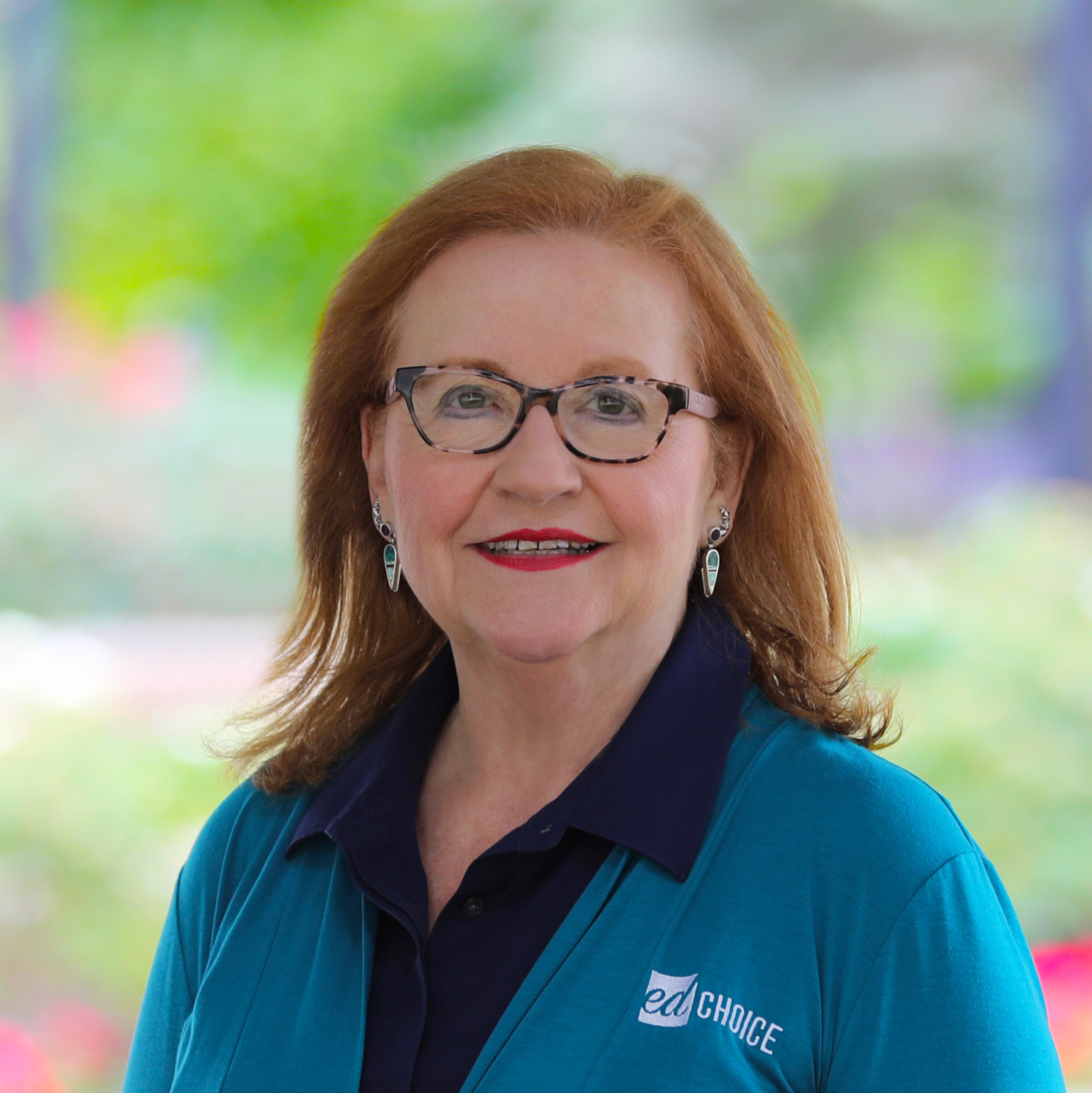Issues of Faith and School Choice
I grew up in the Lutheran faith, while relatives on my father’s side of the family were Methodist. Faith mattered.
Neither side of the family cared much for the rituals and beliefs of Catholics; those practices seemed mysterious, and the fact that during services Catholics spoke a language I didn’t know (Latin) reinforced that idea. My aunt married a Catholic, but we didn’t talk about that, and she did not convert. I attended public schools and knew only one person who attended “the school for Catholics” in town.
The Problem
Although my husband and I deliberately moved into the zone where our children could attend high-performing public schools, the school board arbitrarily rezoned us; our children would be forced into a middle school that experienced violence on a daily basis. This was unacceptable.
Finding a private school that fit the needs of our children without forcing us into bankruptcy was daunting. It was easy to find schools in the yellow pages, and every school welcomed me when I visited. However, no school seemed like the right fit for my children.
I felt lost, and hopeless. I did not know what to do for my children, a devastating feeling for any parent.
A Door Opened
One day a neighbor asked whether I was going to investigate the new Catholic Church and school nearby. I said no, because we are not Catholic. She nonetheless persuaded me to go with her to an open house for the school, assuring me that the academic reputation of the school was top notch.
I will never doubt her judgment again.
The people and culture of the school were exactly right. The curriculum was outstanding, and I was assured that non-Catholic students would see the instruction in Catholicism as learning about a major world faith rather than getting religious training.
The Decision
Just one glitch: My children would be required to attend Mass every Friday. When I asked the priest whether an accommodation could be made, he smiled and said, “Do not let your heart be troubled.” He explained that non-Catholics were not invited to take communion in the Catholic Church; rather, my children would approach the altar with the other children and receive a blessing. The priest promised there would be no proselytizing, no effort to compel my children to denounce their family church and join the Catholic faith.
The Results
I trusted this priest and it was one of the best decisions of my life. My children excelled in the loving, nourishing environment of this school where high academic expectations were coupled with sincere devotion to my children’s success by people of faith.
Every time my children learned about something Catholics believe or practice that we do not believe, an opportunity was created for us to discuss why we believe something different—and we noted those beliefs that we share with Catholics. That was a huge unforeseen advantage that strengthened our faith and taught a valuable lesson in respecting those who do not share our beliefs.
Family concerns subsided after seeing positive academic results, understanding the beauty of my children being around people of faith every day, and realizing that our own faith was not diminished in any way. For us, religion in schooling was not a problem; it was an advantage.




